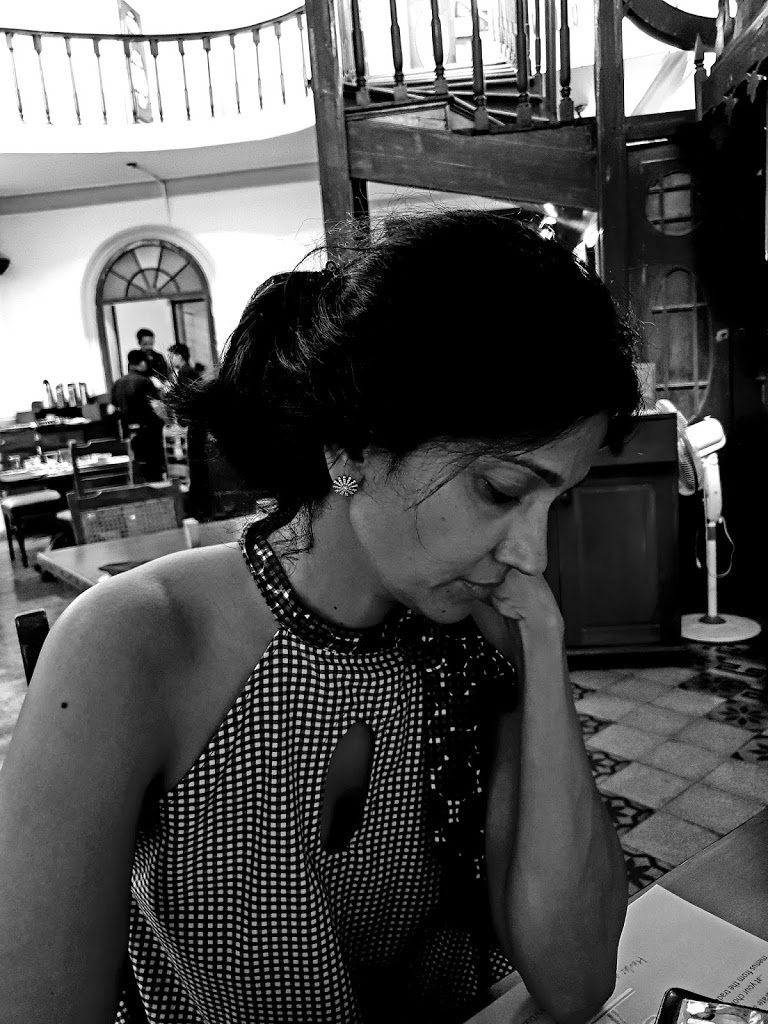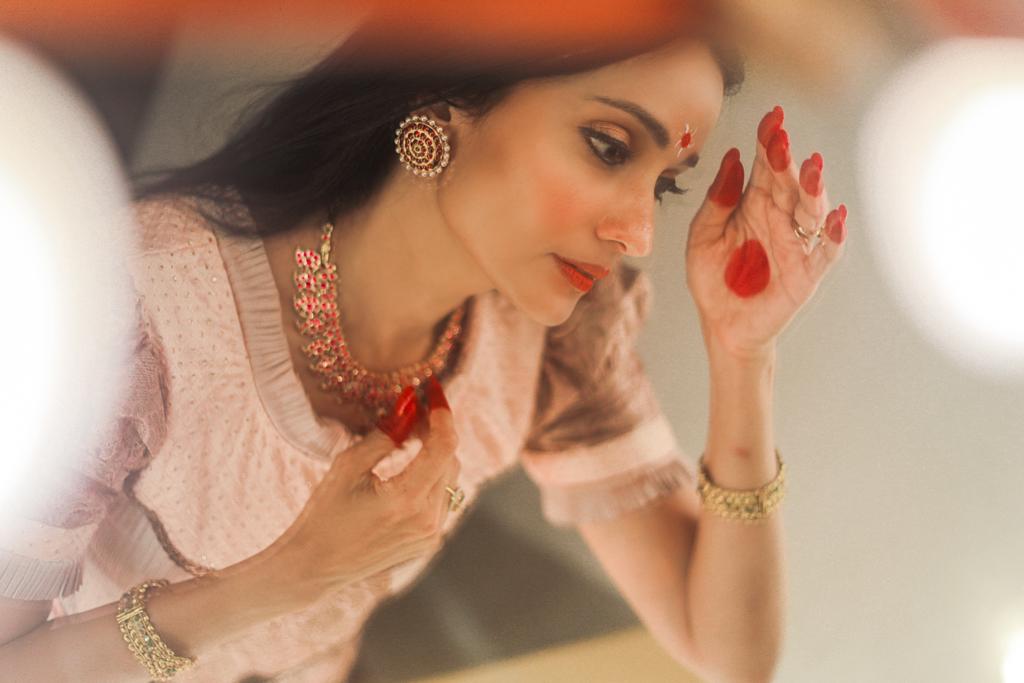
When is a classic, a classic?
Recently, I had the opportunity to watch an interesting interpretation of Shakespeare’s Twelfth Night. This was presented by an extremely talented quartet called The HandleBards. Apparently they cycle across the UK, all props and costumes in tow on their bicycles and enact Shakespearan plays across the country. They were wonderful performers and were able to elicit genuine warmth from the audience by their interactions with them. And yet, I left their performance at the midpoint.
On my drive home I was wondering what caused me to leave. It certainly wasn’t their lack of prowess at acting; even with a very modest backdrop they were able to tell a story. But really, the story made my head spin! Twins, separated in a storm, women masquerading as men, love triangles and quadrilaterals…… it brought back memories of watching a Manmohan Desai movie from the 70s.
If this was a story written in 2019 by any of the major writers of today, I have no doubt that it would have sunk without a trace. And yet, if I say Shakespeare wrote it, there is an aegis of classicism that covers all shortcomings. The question, is Twelfth Night, really a classic? And if it is, why? Is it because of the way the verses were assembled (the archaic language made comprehension that much more difficult anyways) or was it representative of a socio-cultural system of that age which I failed to appreciate? I could extend this question to any field of art. Not every movie that had a successful run in its time can be watched today; while some we go back to every year – they never go out of relevance or look dated. We might go back to the 80s or 70 s or 60s and enjoy these films perhaps for the nostalgia it invokes. Do the current generation think the same?
I would like to think that a classic stands the test of time on the basis of its own pedigree, and not because of a name associated with the project – be it Chaplin or Ingrid Bergman or Charles Dickens, lends a patina of credibility to an otherwise inferior product. By the same token a classic could have been written yesterday also. Likewise in dance, a classic cannot be defined by age or by its performer alone. It is defined by a certain core that will touch a majority of audiences regardless of which generation they come from and those like gems are valuable, but very rare. The rest I am afraid just masquerade.




Anonymous
I agree wholeheartedly with you and have often thought this myself. I agree that everyone has the right to say what for them is art and what is not art. So maybe if the whole audience is moved or amused by something then it is art for them, but if I am not touched in some way then it's not art for me.
And I take into account that different things move different people and that there are large swaths of people who think it's funny when someone throws a pie in someone else's face but for me that is not funny and Shakespeare doesn't move me. Maybe I haven't paid careful enough attention to it. I'm leaving room for the fact that it could be me, but in a way it's irrelevant because whether is me or Shakespeare, it doesn't change the fact that it's just not a good match.
So what is the real problem then? I think you hit the nail on the head – the real problem is that when the art pundits say "oh this is good" purely out of tradition or maybe because it's so obscure that they feel somehow special that they "get it" while no one else does.
Anyway, I came to this page because it is a cold, snowy day in Boston and I was watching some classical Indian dance on youtube to cheer me up and then I thought… I wish I could see you in person and did a search and landed on this page. Do you have any performances planned for 2019?